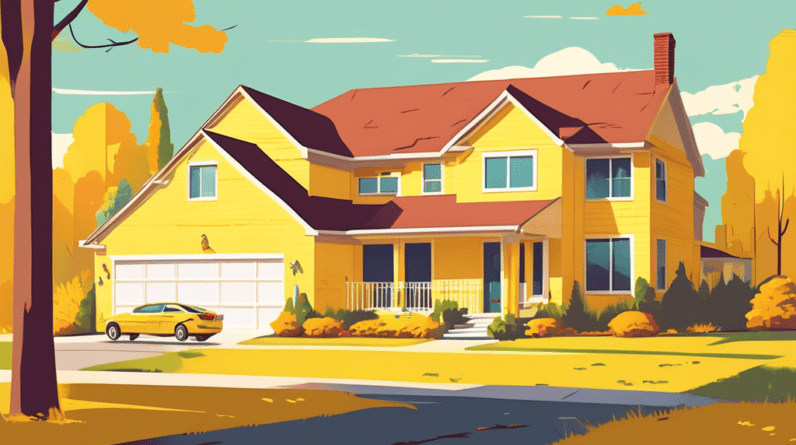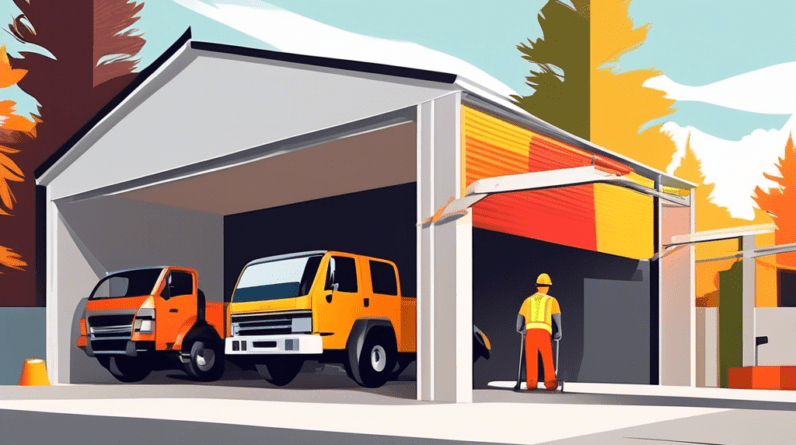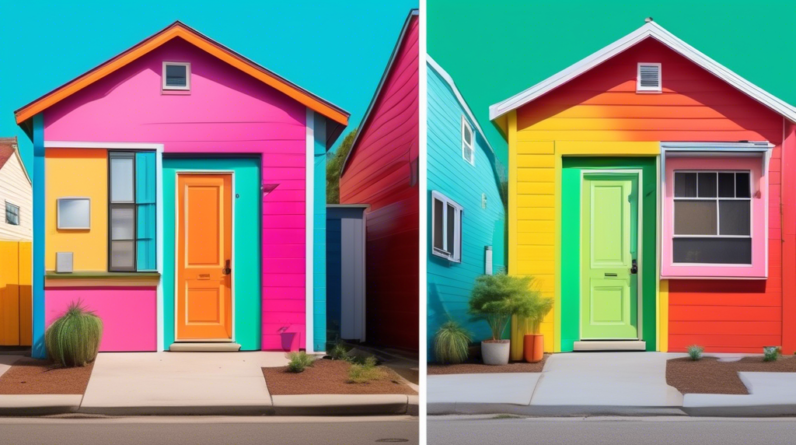
Kissimmee Commissioner Proposes Converting Garages into Affordable Housing
In a bid to tackle the growing affordability crisis, a Kissimmee commissioner has put forward a bold proposal: converting garages into affordable housing units. This innovative, albeit controversial, idea aims to increase housing options within the city while utilizing existing infrastructure.
The Genesis of the Proposal
The proposal comes amidst a backdrop of skyrocketing housing costs in Kissimmee and the wider Orlando metropolitan area. With a booming tourism industry and a steady influx of new residents, the demand for housing has significantly outstripped supply, leading to a sharp rise in rental and property prices. This has placed immense pressure on low- and middle-income families, pushing homeownership further out of reach for many.
Commissioner [Commissioner’s name], the driving force behind the proposal, argues that converting garages presents a unique opportunity to create affordable housing units without the need for extensive new construction. By utilizing existing structures, the city can potentially bypass lengthy permitting processes and reduce the financial burden associated with building new homes from scratch.
The Potential Benefits
Proponents of the garage conversion initiative highlight several potential benefits:
- Increased Affordable Housing Stock: Converting garages into livable spaces could provide a significant boost to the city’s affordable housing stock, offering a more attainable housing option for individuals and families struggling to afford traditional rentals or mortgages.
- Cost-Effectiveness: Garage conversions are generally less expensive than building new homes, potentially allowing for the creation of affordable units at a lower cost.
- Utilization of Existing Infrastructure: By repurposing existing structures, the city can avoid the environmental impact and costs associated with new development, including land use and infrastructure expansion.
- Revitalization of Neighborhoods: Garage conversions can breathe new life into older neighborhoods, potentially increasing property values and attracting new residents.
Addressing Concerns and Challenges
While the proposal has garnered support for its innovative approach, it has also sparked concerns and potential challenges:
- Zoning and Building Codes: Converting garages into habitable spaces would require modifications to existing zoning ordinances and building codes, potentially facing resistance from residents or bureaucratic hurdles.
- Parking and Traffic: Loss of garage space could exacerbate parking issues in already congested areas. The city may need to explore creative parking solutions or prioritize conversions in areas with adequate public transportation.
- Impact on Property Values: Some residents may express concerns that garage conversions could negatively impact property values, particularly in neighborhoods with a strong emphasis on traditional single-family homes.
- Quality of Life and Privacy: Both new and existing residents might raise concerns about privacy, noise, and overall quality of life, particularly in cases where converted garages are situated close to existing homes.
Moving Forward: A Collaborative Approach
The success of any garage conversion program hinges on a collaborative approach that addresses the concerns of all stakeholders. The city will need to engage in open and transparent dialogue with residents, community groups, developers, and housing advocates to develop a comprehensive plan.
Key considerations for a successful implementation include:
- Community Engagement: Soliciting input from residents to address concerns, identify suitable neighborhoods, and ensure the program aligns with the community’s vision.
- Financial Incentives: Exploring financial assistance programs or tax breaks for homeowners willing to convert their garages into affordable units. These incentives could offset conversion costs and encourage participation.
- Streamlined Permitting Process: Establishing a clear and efficient permitting process to expedite approvals for garage conversions that meet specific safety and habitability standards.
- Design Standards: Implementing design guidelines to ensure converted garages meet minimum standards for living space, natural light, ventilation, and privacy.
- Ongoing Monitoring and Evaluation: Regularly assessing the program’s effectiveness in increasing affordable housing options, addressing community concerns, and achieving its intended goals.
A Bold Step Towards Affordability
The proposal to convert garages into affordable housing units is a bold step towards addressing Kissimmee’s housing affordability crisis. While not without its challenges, the initiative has the potential to create much-needed housing options using existing infrastructure. By prioritizing community engagement, addressing concerns, and implementing the program thoughtfully, Kissimmee can serve as a model for other cities grappling with similar affordability challenges. The success of this initiative will depend on the city’s ability to balance innovation, resident input, and a commitment to creating a more equitable and affordable housing landscape for all.






